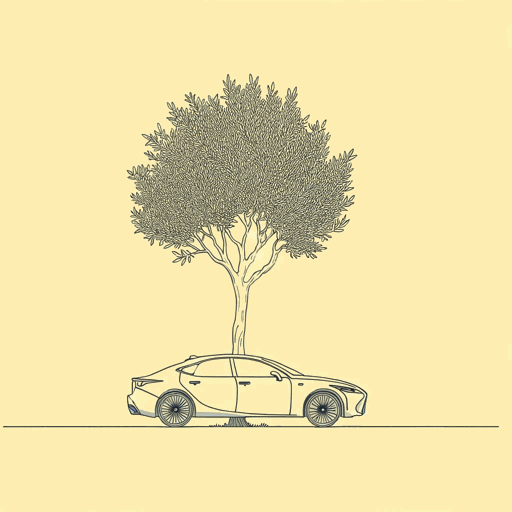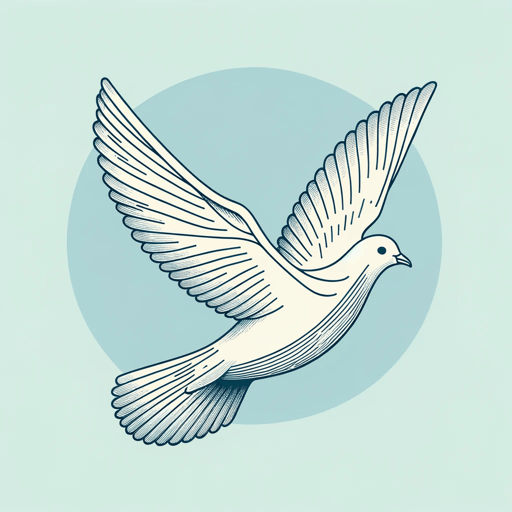56 pages • 1 hour read
Thomas L. FriedmanFrom Beirut to Jerusalem
Nonfiction | Autobiography / Memoir | Adult | Published in 1989A modern alternative to SparkNotes and CliffsNotes, SuperSummary offers high-quality Study Guides with detailed chapter summaries and analysis of major themes, characters, and more.
Summary and Study Guide
Overview
From Beirut to Jerusalem is a 1989 book by the American journalist Thomas Friedman. It chronicles the years he spent as a journalist in the two cities of the book’s name, during a remarkably tumultuous period in that region’s politics. It is part personal memoir, part analysis (leaning on the advice of many of his expert friends, such as Fouad Ajami), part collection of anecdotes ranging from the funny to the heartbreaking to the absurd, and part political prescription for Israeli and US foreign policy. It established Friedman as a leading US expert on Middle Eastern affairs, with a unique flair for capturing the details of life amidst social upheaval. It won the National Book Award, and remains in print with several subsequent editions, although many criticize it for being overly reductive in its treatment of the region’s politics, as well as what they regard as Friedman’s style of mixed metaphors and unacknowledged self-contradiction.
This guide is based on the first hardcover edition published by Farrar, Straus, and Giroux (New York: 1989).
Content Warning: The source material and this guide cite accounts of war violence, as well as criticisms of Arab culture that some readers may find offensive.
Summary
Friedman begins with an account of his own upbringing in a middle-class Jewish family in Minneapolis, Minnesota. Not terribly interested in the synagogue, he was fascinated with Israel from his teenage years, especially after a visit shortly after the Six-Day War (also known as the 1967 Arab-Israeli War), a fascination that proved lifelong. After finishing both undergraduate and graduate studies, Friedman became a journalist and in 1979 was sent to Beirut as part of United Press International. Lebanon was then in the middle of a brutal civil war, and after providing some historical background on the situation in both Beirut and Israel/Palestine, Friedman describes Beirut as a mix of horrors and oddities. His own apartment building was bombed, killing the wife and children of a Lebanese associate, and yet fighting was for the most part sporadic and localized, such that pockets of normalcy, even luxury, could pop up at any given moment. The unusual rhythms of life in Beirut became an essential part of the story, especially given the challenges of fashioning a comprehensive, objective narrative where there were so many conflicting authorities seeking to use information as a weapon.
Most chapters detail either a major phase of Friedman’s own journey or a seismic political event. After describing his days getting to know Beirut, he recounts the 1982 massacre of Hama in Syria, the deadliest single event of the war, viewing it as an ugly example of the tribal politics that still defined Arab life in the late 20th century. He covers the Israeli invasion of June 1982 and the subsequent expulsion of the Palestine Liberation Organization, seeing them both as organizations that thought they could bend the conflict to their advantage, but to no avail. He likewise covers how the Americans came in with their own hopes of imposing order and good governance, until a suicide car bomber killed 241 Marines and spurred the Reagan administration to a prompt exit.
Friedman was not far behind the Americans in leaving Lebanon, and his move to Israel prompts an examination of how that state struggles to reconcile its Jewish identity, democratic politics, and the presence of Arabs on the same land. The relative parity of right- and left-wing parties in Israeli politics locked in a policy of ignoring any conclusive answers to these questions, lest they inflame communal tensions and turn Israel into another Lebanon. Those questions became impossible to ignore after the outbreak of the First Intifada in late 1987, an exceptionally large and prolonged outbreak of mass resistance and protest that seemed to make the occupation both necessary and unsustainable. Having become the father to two young children, Friedman returns to the United States before any of these issues can be resolved, and so he concludes by thinking about how his own childhood fascination with Israel contrasts with the American-Israeli relationship of the present day, particularly with respect to American Jews such as himself. He then closes with an insistence that the United States summon both the courage and flexibility to help facilitate a political solution to give Israelis the security and Palestinians the dignity they all deserve.
Related Titles
By Thomas L. Friedman

Hot, Flat, and Crowded: Why We Need a Green Revolution
Thomas L. Friedman

Thank You For Being Late
Thomas L. Friedman

That Used to Be Us
Thomas L. Friedman, Michael Mandelbaum

The Lexus and the Olive Tree
Thomas L. Friedman

The World Is Flat: A Brief History of the Twenty-First Century
Thomas L. Friedman

